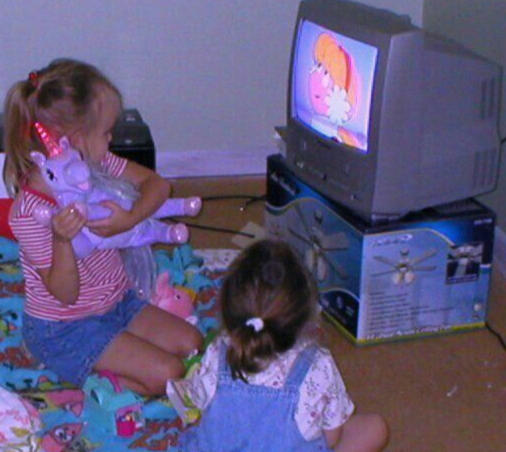
Checking In Initiative
Supporting Victims of Child Sexual Abuse
Child sexual abuse is a topic not often discussed in media, schools, and in families. Despite skirting around the topic, 1 in 10 children will be sexually assaulted before their 18th birthday. 1 in 7 girls will be sexually abused and 1 in 25 boys will be sexually abused before they turn 18. 60% of child abuse victims never tell anyone. This is why it is incredibly important to create a safe space for children that you know to come forward and to be unafraid to educate and discuss topics on child safety and child sex abuse. Here is how you can approach these difficult conversations and make sure that those who are abused are cared for and listened to.
Starting the Conversation:

8 Is Great
When your child or a child in your family turns 8 years old, it is a good age to start discussing sex and anatomy in an accurate manner. This means using correct vocabulary for genitalia. No "private parts" or other terms of that nature. It is difficult as a parent or person close to that child to use these terms but the more you say it, the more comfortable you and the child will become.Establish that there is no shame to be associated with body parts or bodily functions. Children who grow up in an environment where their bodies are shamed or treated like jokes rather than things that should be taken care of, are less likely to come forward about their abuse.Even before the age of 8, it is still good to help the child learn to set physical boundaries and that they should only be touched by people that they trust and that mouths and other peoples' genitalia should not go near their own, etc. This is a difficult conversation to have but it is necessary to establish this in children from a young age, especially before they have access to pornography or other means of harmful sexual education.It is your responsibility as a parent, caregiver, friend, or family member to educate the young children in your lives and protect them.
Online Safety

9% of all 10 to 17 year olds receive unwanted sexual requests while on the Internet. Over a period of one year, one in 25 youth received an online sexual solicitation where the solicitor tried to make offline contact. 23% of all 10 to 17 year olds experience unwanted exposure to pornography. Child sexual abuse makes children more vulnerable to sexual exploitation. More than 90% of children who are commercially sexually exploited have been sexually abused in the past. About 75% of child pornography victims are living at home when they are photographed. Parents are often responsible.Parents, friends, and caregivers have a responsibility to have a good line of communication with the child so they can come forward and law enforcement can be contact in the event they are sexually exploited online. If a stranger makes inappropriate remarks to the child online, they should be comfortable enough to come forward about the experience.Educate children about online safety and when a message starts looking suspicious. Tell them to never give out personal information to a non-credible source. Personal information includes cell-phone numbers, addresses, Social Security numbers, credit card information, etc.
What To Do In The Event Someone Comes Forward

If a child you know comes forward about a sexual abuse, always listen to their story and believe the victim. Do not write off their experience as them "making it up," "lying," or "wanting attention." Be respectful and listen to their experience. Them coming forward is a very brave and scary thing to do. Comfort them as best you can and listen intently, do not ask questions until they are done explaining. Keep track of the details, write all important information down soon after the conversation or during if possible. If the child asks you not to tell authorities or parents, you have the responsibility to let authorities know or tell the parents so that the child is safe. If you want to keep it anonymous, most police departments have anonymous crime reporting.Take the child to therapy or recommend them to seek help with a therapist. The child went through deep physical and/or emotional trauma and the child needs time and a safe space where they can recover and slowly move on from the experience.If you have experienced sexual assault, abuse, or exploitation it isn't too late to seek help and get justice for who did this to you. It is NOT your fault. Reach out to someone you trust, a crisis text line (Text START to 741-741), a counselor, a friend, etc. You are not alone and you can heal.You can protect others and be a source of support for those who have experienced sexual abuse, assault, or exploitation as a child, or as an adult.
Resources
